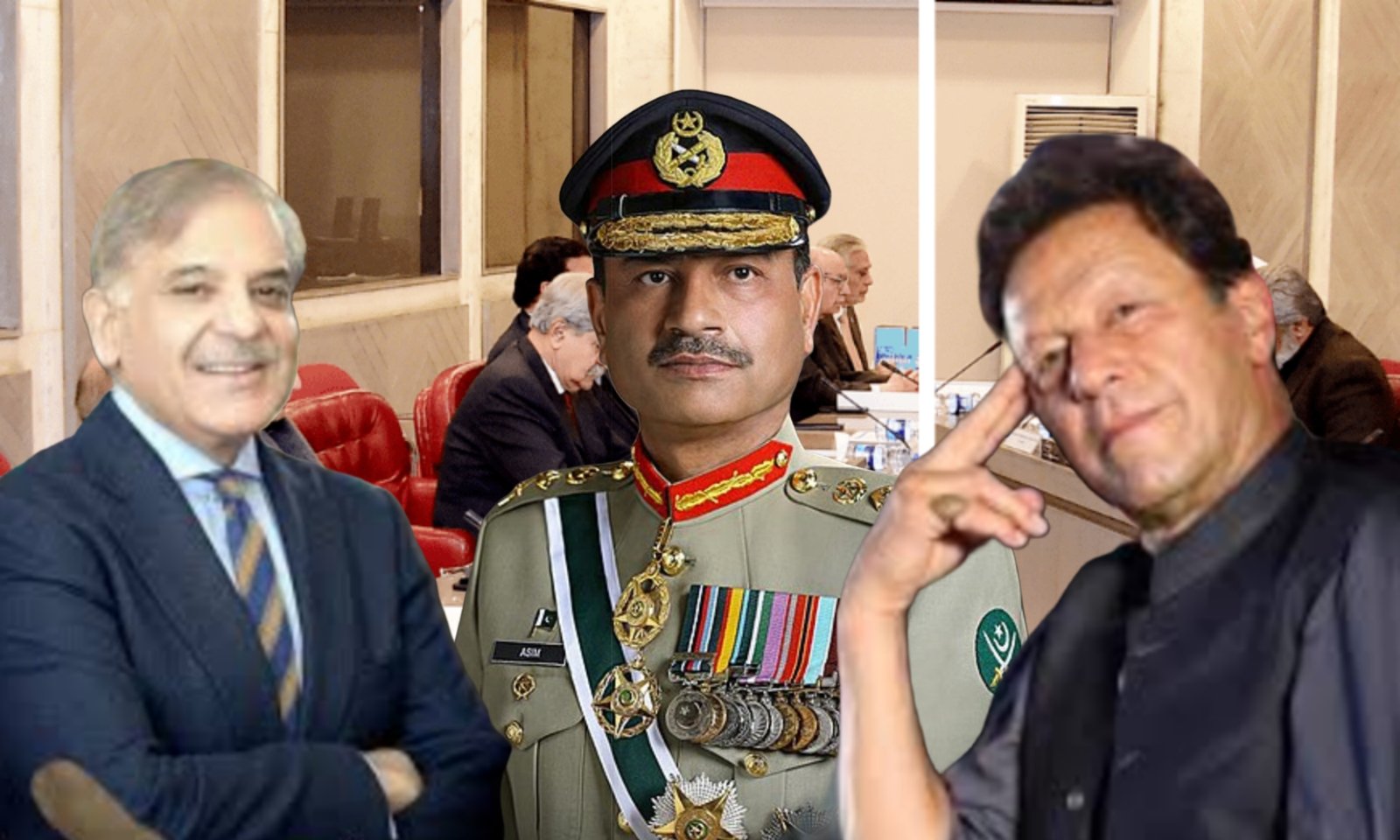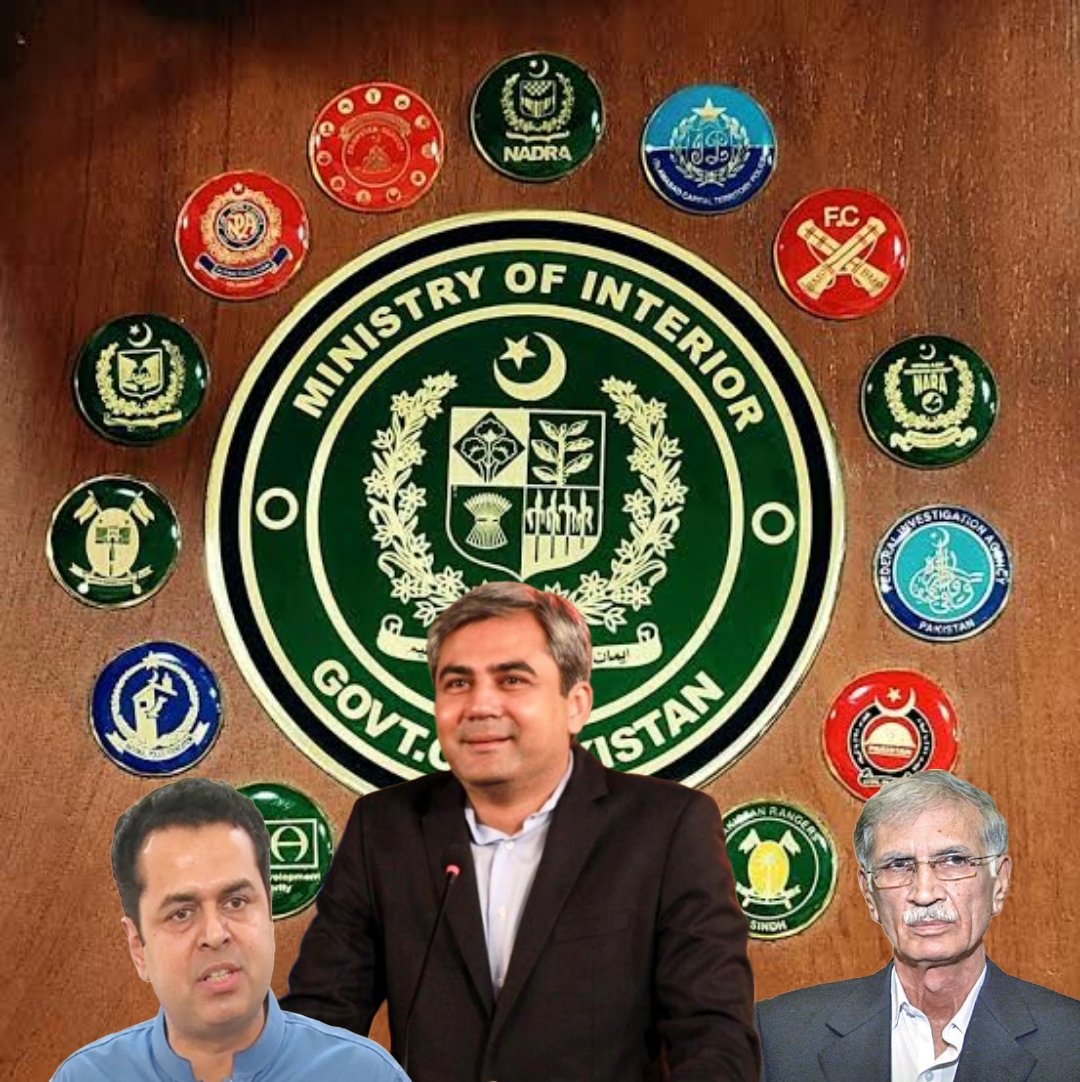
Senior journalist and analyst Zahid Hussain has stated that meaningful results from negotiations between the government and Pakistan Tehreek-e-Insaf (PTI) are unlikely, as the powerful military establishment, the ultimate decision-maker in Pakistan, is unwilling to pardon Imran Khan.
In his latest analysis published in Dawn, Hussain noted that both sides have slightly softened their rigid stances after coming to the negotiation table. However, the terms of the talks remain unclear, and it is uncertain what the ruling party, with its limited mandate, can offer, as the real power lies elsewhere.
Hussain believes that the real power brokers have already set their conditions for moving forward with talks with the opposition, leaving little room for meaningful negotiations between the two political entities. He added that without addressing major issues, hopes of resolving political deadlock in the New Year are slim.
The growing influence of the security establishment
According to Hussain, democracy is being squeezed under the growing shadow of authoritarian rule. While the country appears to have a civilian government, the real centre of power is the military establishment. The government, with questionable legitimacy, remains dependent on non-democratic forces to stay in power.
The senior journalist remarked that PTI’s leadership has shown some willingness to engage in talks, indicating a thaw in tensions. Both sides have formed committees expected to begin discussions this week, marking a significant development since the violent Islamabad incident on November 26, where PTI supporters reportedly lost their lives. The violence escalated political tensions, leading to severe losses for both the government and opposition.
Meanwhile, military courts have sentenced 85 individuals for their involvement in the May 9, 2023, attacks on military installations. These verdicts followed conditional approval by the Supreme Court, as the legal status of trying civilians in military courts remains under judicial review.
Challenges for both parties
While PTI faces internal conflicts and repercussions from court rulings, the government is grappling with international criticism over civilian trials in military courts. These factors have compelled both sides to engage in dialogue. Reports also suggest growing concern within the Pakistan Muslim League-Nawaz (PML-N) over the military establishment’s increasing influence.
Hussain noted that PTI’s demands, including the release of its leaders and judicial inquiries into the May 9 and November 26 incidents, are unlikely to be accepted without the military establishment’s approval. Federal ministers have admitted that the government’s decision-making powers are severely limited.
The establishment is particularly firm on prosecuting the masterminds of attacks on military installations, which may include PTI Chairman Imran Khan. Recently, ISPR spokesperson Lieutenant General Ahmed Sharif Chaudhry reiterated the military’s resolve to prosecute those involved, dismissing allegations of unfair trials.
Limited hope for progress
Hussain expressed skepticism about the government offering any significant concessions to PTI. However, he noted that demands for judicial inquiries into key incidents and the release or fair trial of political detainees could create a conducive environment for negotiations.
While these steps may not resolve the underlying political crisis, they could advance the dialogue process. Hussain stressed the need to safeguard democratic processes in the country, which remain hostage to non-democratic forces. Only political negotiations can pull the nation out of its current quagmire.








